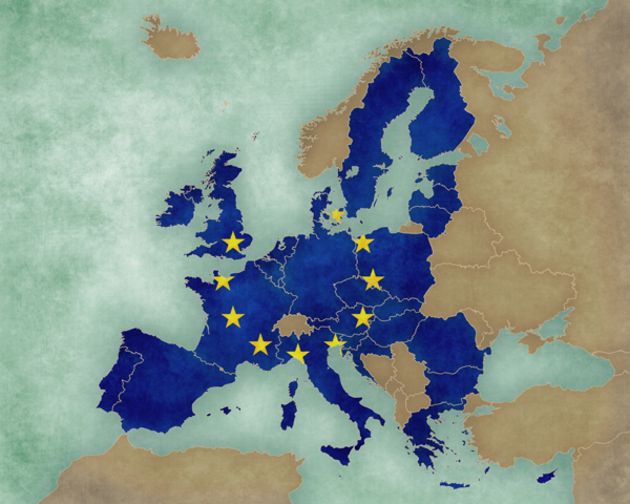Meta says it is ready to collect consent on targeted advertising


The management of personal data and the associated regulation remains a topical issue for Meta, despite the repeated promises of its managers regarding the adoption of more compliant practices.
In January, the Gafam was fined 390 million euros for non-compliance with the GDPR – and Apple 8 million. At issue: the use of targeted advertising to users of its services without prior consent.
Towards a real collection of consent
But if Meta is so slow to get up to speed, several years after the entry into force of the European regulation, it is because of the financial risks that compliance with consent entails on its model.
However, the firm risks seeing the regulatory bill increase due to lack of action. The latter would therefore propose, reports the Wall Street Journal, to rethink its consent collection system in order to collect a compliant authorization from its users.
On targeted advertising, defined according to interactions with the company’s applications, including videos and messages consulted, Meta would say that it is ready – after having exhausted the remedies – to implement its new device from the end of October.
The advertising giant would thus go well beyond these last concessions. Since April, Meta has been allowing European users to request to be excluded from targeted advertising. However, they must go through a long form on its help pages.
Meta requests a delay of at least 3 months
The complex procedure can be suspected of precisely aiming to limit the refusal of targeted advertising as much as possible. However, it does not fully meet the requirements set by the GDPR in terms of collecting consent.
However, collecting explicit consent constitutes a commercial risk for Meta. However, Europe represents a major market for the digital player. In the 2nd quarter, it generated 23% of its advertising revenue.
The American company will therefore undoubtedly try to define a process that is as least adverse as possible to its financial interests. According to WSJ sources, Meta would have asked for at least three months to implement its new consent collection system. A delay justified by the complexity of such an evolution.








